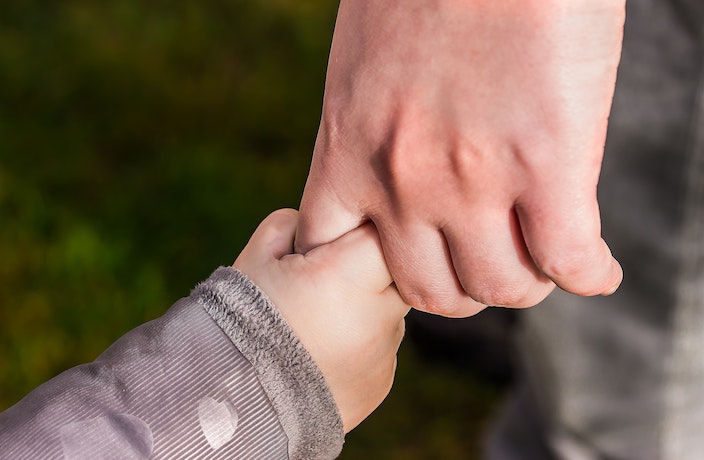In the aftermath of last week’s tragedy in Shanghai, in which a 29-year-old man stabbed three male students and a female parent outside of a primary school, you may find yourself struggling to come to terms with such a senseless act of violence.
It can also be immensely complex to communicate these feelings with children and loved ones when a traumatic incident like this occurs. As challenging as it may be, having an honest and age-appropriate discussion with your children is essential during these emotional times.
To help you through this difficult conversation, dramatherapist Sarah Bilodeau and psychologist Davy Guo from ELG have compiled a list of useful tips on talking to children and finding inner strength as a teenager or adult.
Talking to children in the aftermath of a traumatic public incident
Immediate response
1. Ask your child how they feel about the incident. Allow them to speak as much or as little as they feel comfortable and let them know it is okay to have different feelings and thoughts.
2. Listen with undivided attention. Empathize with your child and validate their feelings.
3. Hug your child, reminding them that you are there with them.
4. Share, in a child-friendly way, how you feel about the incident.
5. Reassure your child that there’s nothing that could have been done to help prevent this situation.
6. Emphasize that it wasn’t the victims’ fault that this happened to them. If regarding an act of violence, you can let them know the perpetrators were exceptionally unwell.
7. If they ask questions about death, answer in factual and straightforward ways.
In the future
1. If your child struggles to talk about how they are feeling regarding the incident, you can suggest that they draw their feelings. Then, discuss the drawing and their feelings together.
2. After this unexpected incident, your child may seek comfort and become more attached towards you or other adults. It can help to spend more time with your child and offer extra reassurance and affection.
3. If your child starts showing signs of new behavior, such as restlessness, loss of appetite, nightmares, clinginess, withdrawal, aggressive behaviors, don’t hesitate to consult with a therapist for further advice.
Finding strength after a traumatic public incident for adults and teens
Connect with safety
1. Remind yourself that at this moment, you are not in danger and that you are here.
2. Work with your senses to connect with this sense of safety. For example, feel your feet supported by the ground, notice continuities and movement in nature, such as passing clouds, the wind or the sun rising or setting.
Mobilize inner strength
1. Visualize a time when you were at ease in your environment. Close your eyes and picture this place. See what was happening at the time. Then open your eyes and sense how this leaves you feeling and connect with this.
2. Reflect on how this inner feeling and strength may have enabled you to overcome other obstacles in the past.
3. Reflect on how you’ve survived and worked through other unexpected challenges.
Allow and express feelings
1. Keep an awareness of this strength and start paying attention to other feelings which may be related to the incident. Take a moment to acknowledge those feelings.
2. Know it is acceptable to feel the range of emotions regarding this situation: shocked, anxious, sad, upset.
3. Allow your inner strength to combat and become comfort towards these feelings.
4. Speak to a significant other, write about or draw your feelings. Alternatively, seek professional help to express and work through further discomfort.
Seeking additional support
When an act as heinous and inconceivable as last week’s incident occurs, it can leave you feeling helpless. Know that there are people who care for you and want to help, and that support is available if needed.
For English speakers, Lifeline Shanghai is available every day from 10am to 10pm by calling 6279 8990, visiting their website or scanning their QR code below. If you need assistance in Chinese, please call the Psychological National Line on 12320 or Hopeline on 400 161 9995.

These useful tips are courtesty of the ELG dramatherapist Sarah Bilodeau and psychologist Davy Guo.
ELG is a social enterprise dedicated to providing high-quality special education, developmental, behavioral and mental health services in Shanghai and greater China. They have been supporting international and local families since 2006. For further information see their website or scan ther offical QR code below.



















